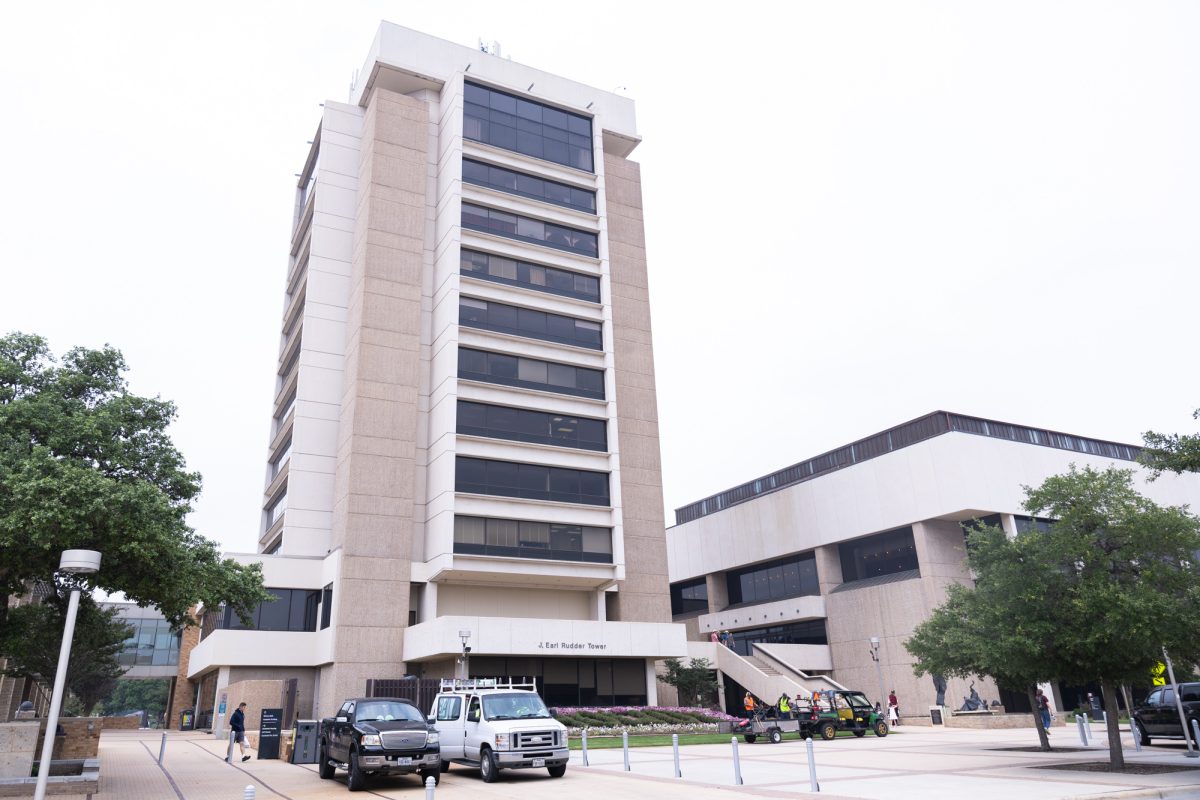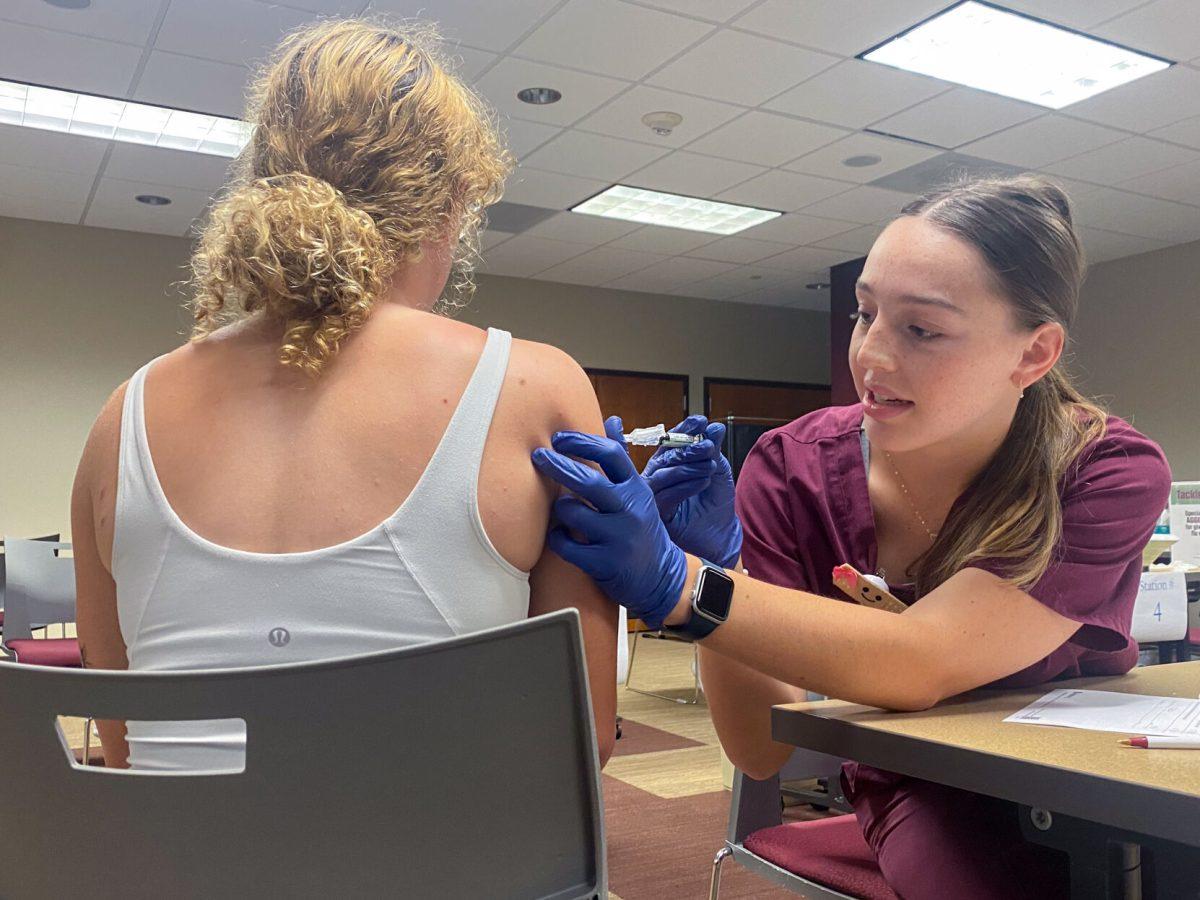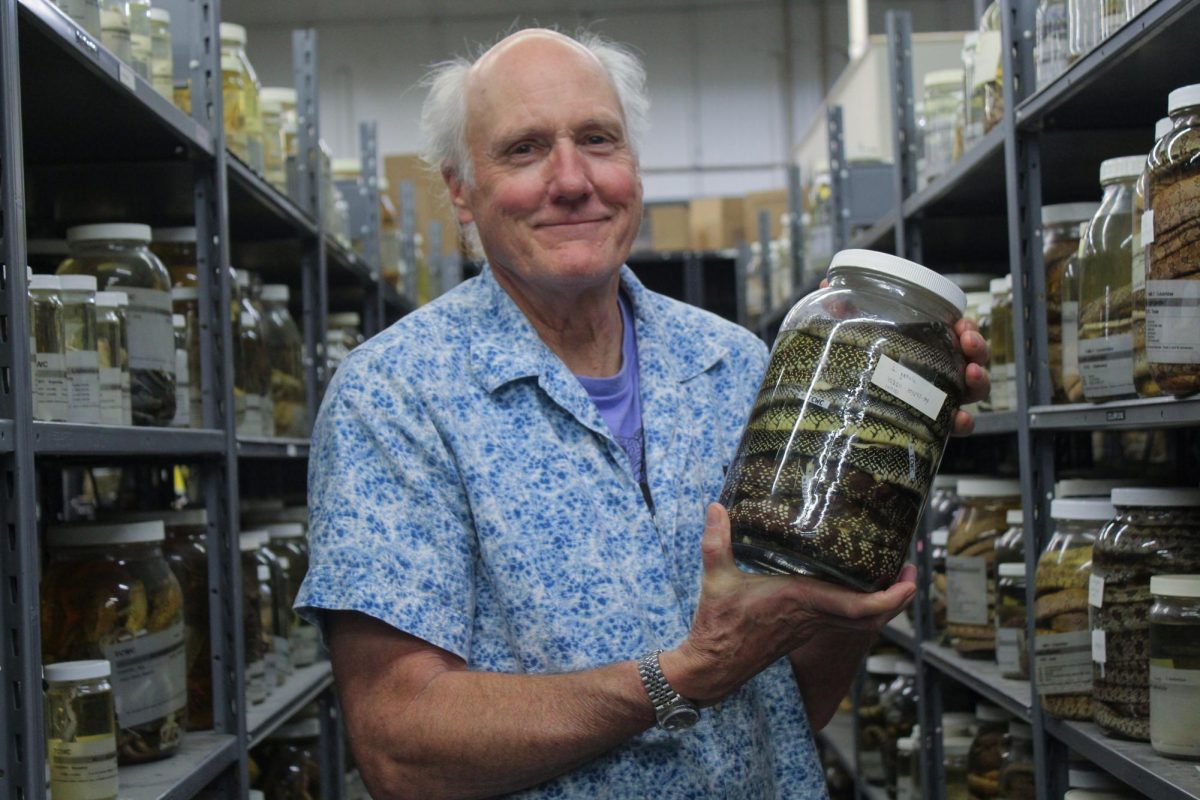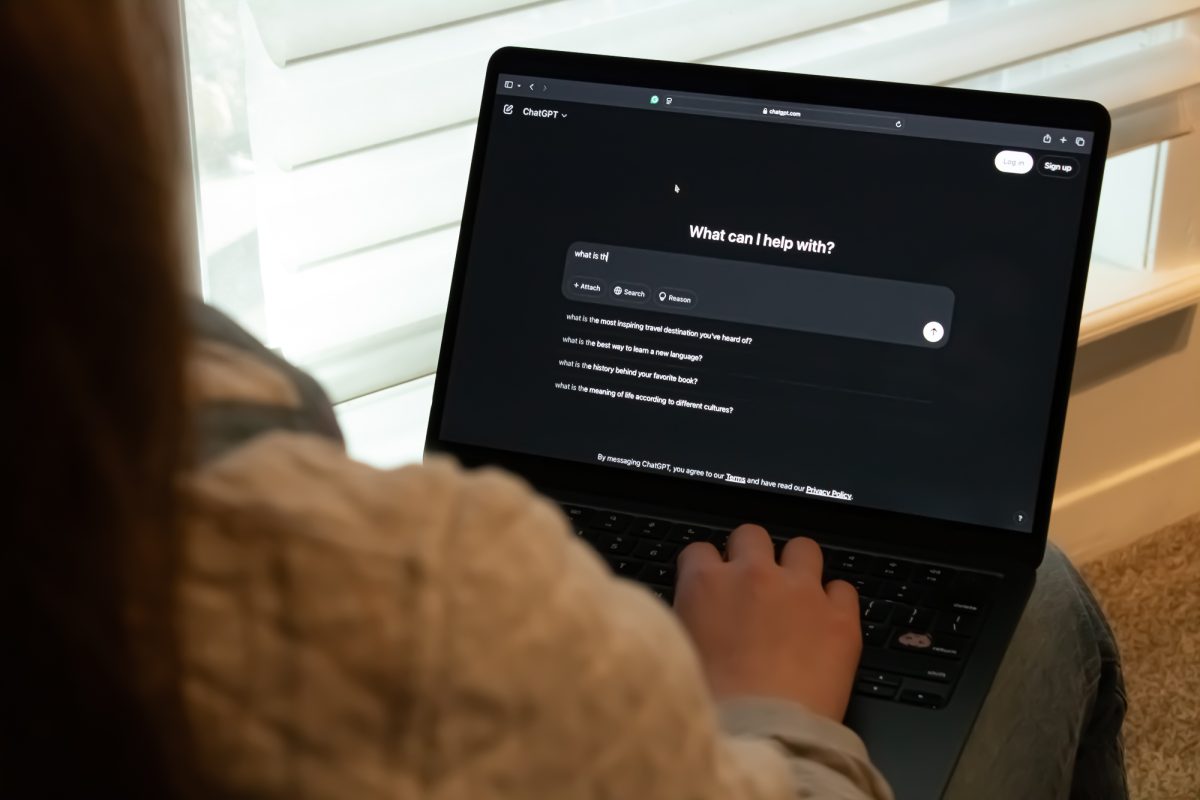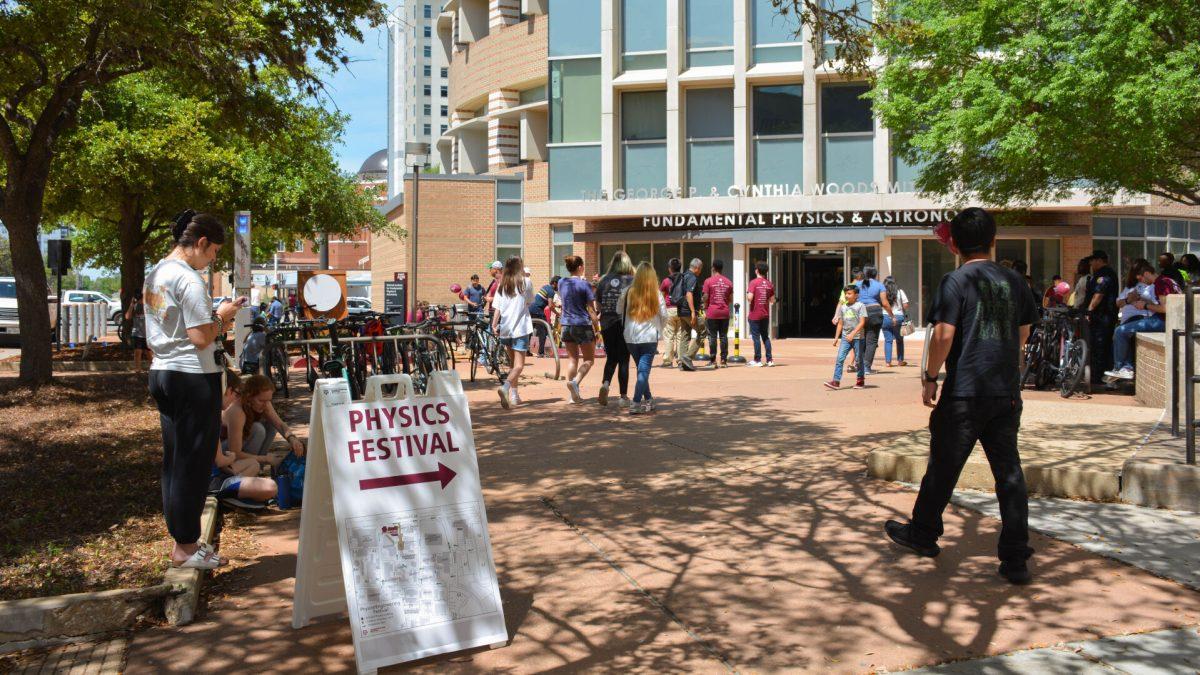On Jan. 31, Gov. Greg Abbott announced a ban on Chinese artificial intelligence and social media apps, effectively banning DeepSeek, Lemon8, RedNote, Tiger Brokers and Webull on all government-issued devices due to security concerns.
The use of these apps have grown in popularity in recent months, as students use these platforms for academic support and research, trading stocks and social networking after TikTok was banned in the United States. The app, which briefly went offline after the ban went into effect, has since returned after President Donald Trump elected not to enforce it.
Aerospace engineering junior Eli Jones said the ban may set a precedent for future limitations on access to technology.
“I think it’s overall a bad idea because once you start limiting freedoms simply because you disagree with the manufacturers’ viewpoints, it’s a very slippery slope,” Jones said. “They will use this case to control what people have access to.”
Following the TikTok ban in January, video platform RedNote saw a significant surge of users in the U.S., jumping from 3,000 to nearly 3 million users in just a week. Jones said it is more important to focus on using these platforms in positive ways.
“Most likely people will find ways to bypass restrictions,” Jones said. “It’s more important to allow competition and use it to make them better, rather than pushing it out of the way.”
Jones said he believes Abbott’s decision stems from political goals rather than cybersecurity risks.
“DeepSeek prioritizes sharing knowledge — something that U.S. companies are not very open to because they want to disseminate knowledge the way they view appropriate,” Jones said.
Rather than banning these platforms, Jones suggests that more education on AI can help to reduce the associated risks. .
“I think people should be more educated in using technology,” Jones said. “Keeping people educated is more effective than just banning stuff outright.”
However, because these apps are unable to be monitored by U.S. officials, the security of user data remains a concern and has been classified as a cybersecurity risk. Danny Davis, Ph.D., professor of the practice and director of the graduate certificate in Homeland Security, said the risks Chinese platforms pose are imminent and dangerous.
“Communist China is a big threat,” Davis said. “Their programs and activities target industry, academia, military secrets and proprietary material from companies.”
Davis said these China-based companies have malicious intentions, and it is better for the U.S. to limit cooperation as much as possible.
“The Chinese are seeking strategic advantage, stealing technology and academic ideas,” Davis said. “They are not your friends, and you are better off not cooperating with them.”
According to Davis, these security risks are serious and apply to more than just government officials. He urged students to take action to protect their personal data.
“If people haven’t worked in a position of having to protect secrets or knowledge, they can push it off, thinking, ‘It doesn’t apply to me,’” Davis said. “It does apply to you. It applies to all of us.”
With the successful use of AI platforms for academic research, students have questioned whether the ban of such technologies will hinder the ability of those pursuing careers in the tech industry. Davis said that while AI may have negative ramifications for those in the tech field, it comes with known risks.
“You have to weigh that freedom with security,” Davis said. “With AI development comes certain risks, so it’s up to the government to manage that risk, and that is what the governor is taking the steps to do.”
With rising concerns about U.S. language learning models being inferior to those based in China, Davis said he believes American models will see improvements that will diminish any losses that spur from the ban of Chinese platforms.
“I think that the U.S. industry will rise to the occasion to produce those AI programs … there will be plenty of programs for students to use in a safe way,” Davis said.








